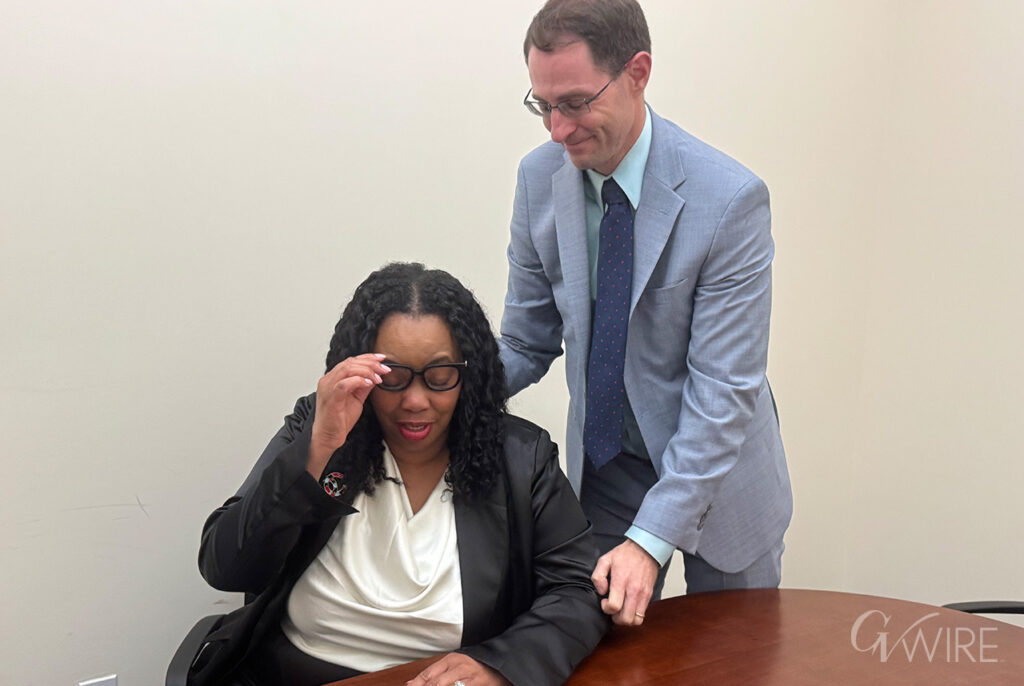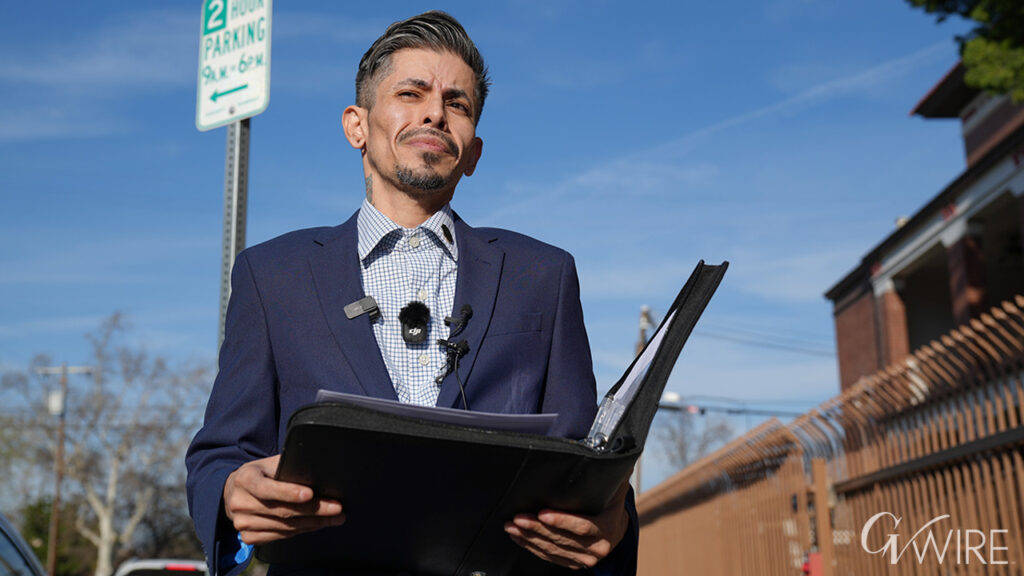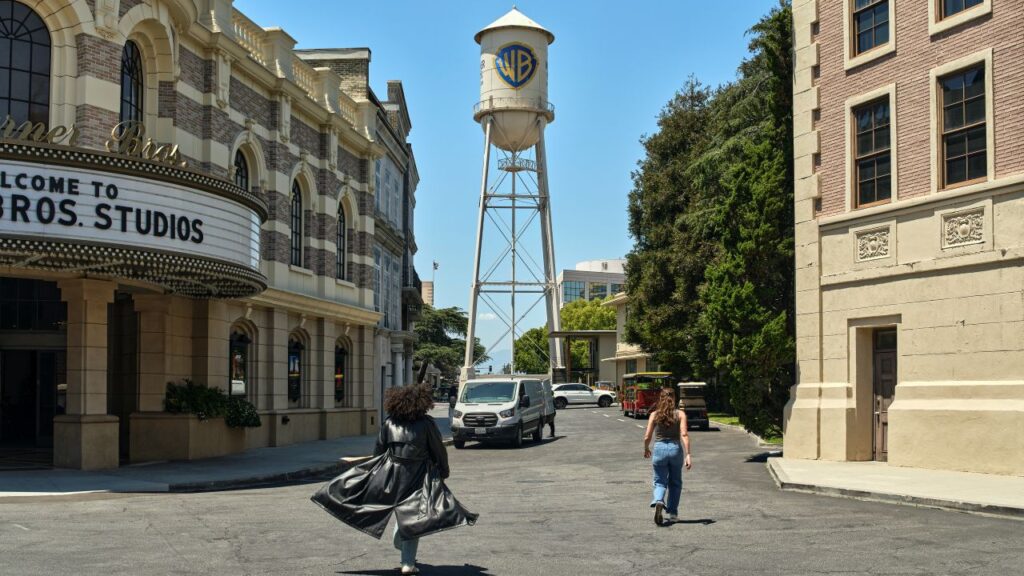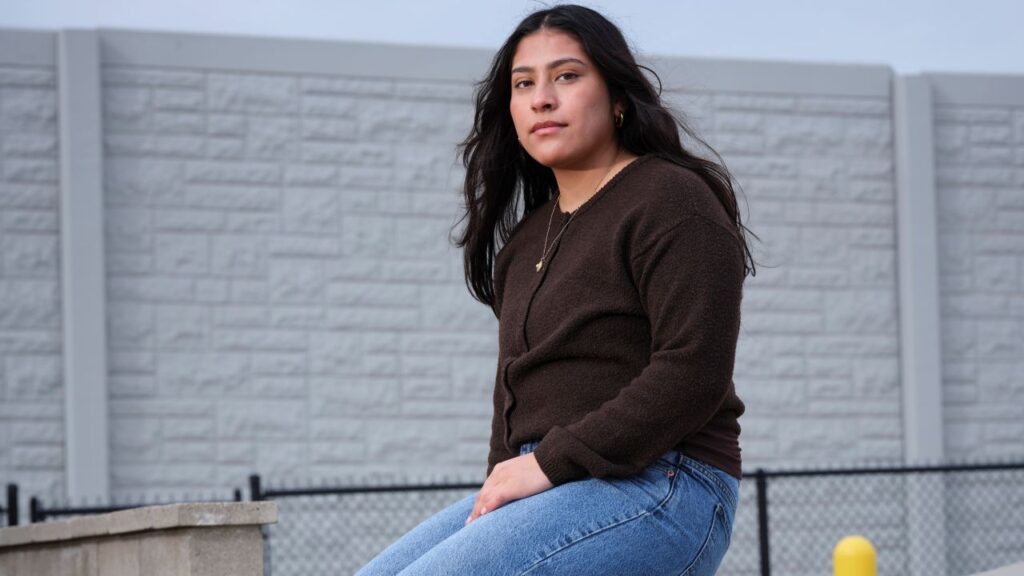Share
NEW YORK — Recent crackdowns targeting the sex-for-hire industry have reduced the number of commercial ads on the internet and helped fight online trafficking. But activists and police say the efforts may have had unintended consequences — landing women and girls back on the streets, where dangers also lurk.
The number of sex ads online plummeted by 75 percent, an indication that the law was thwarting human traffickers no longer protected by the anonymity of the internet. But sex workers and their advocates say another casualty was the income of escorts who advertised online, along with the ability to vet clients better than on the street.
Statistics establishing a pattern are hard to come by, but police in some of the nation’s biggest cities told The Associated Press they are also seeing a shift, if sometimes only in the age of the sex workers they’re encountering.
“I have seen a group of fresher faces, so that would make me think that they’re new to the street, maybe from the internet,” said Lt. Jimmy Sides, of the San Antonio police.
296 People Arrested for Prostitution
Law enforcement in San Antonio arrested 296 people for prostitution between March 21, when the Sex Trafficking Act passed Congress, and Aug. 14, according to a public records request — a 58 percent increase from the same span the year before, when police made 187 arrests.
Phoenix police said they experienced a surge in street-prostitution arrests in 2018 but did not provide figures. In Houston, levels have remained constant, but more 14- to 17-year-olds have been working outdoors since May, said James Dale, a police captain.
Police in Sacramento, California, noted three street-prostitution arrests between March 21, 2017, and mid-August of that year. During the same period in 2018, they recorded 15.
Police in many big cities, including New York, Los Angeles, Chicago and Seattle, did not grant requests for interviews or data.
In March, there were about 100,000 adult services ads posted per day worldwide, according to researchers at Uncharted Software, which has monitored such ads since 2014. After the trafficking act passed Congress, that number dropped to around 76,000 ads.
Then, when Backpage shut down, numbers fell again to 25,000 ads per day.
The change was not permanent; by July, the numbers had rebounded to more than 50,000 ads per day, researchers said. Still, a fragmented market with no single replacement for Backpage will likely continue to reduce trafficking, according to counter-trafficking consultant Rob Spectre.
They Are at a Buyer’s Mercy
But on the internet, sex workers say, they were able to screen a client and check lists for “bad dates.” Now, as they are funneled back onto the streets, they are at a buyer’s mercy.
In May, she said, a client raped her and poured alcohol in her body in an attempt to destroy evidence. Alexander, 29, said she had faced violence while working online, but never on this scale.
“It’s a different kind of danger,” she said.
A sex worker who goes by Quinn and didn’t want her real name used because she feared arrest and other repercussions said that in the age of the trafficking act, she hasn’t been able to rack up enough jobs. Near the end of April, she started selling herself outdoors in Boston for the first time since she was a teenager, she said.
“There’s no backup plan for people like us,” said Quinn, who said she was raped and beaten in August but could not afford treatment.
Laura LeMoon, a sex worker and trafficking survivor who co-founded the Safe Night Access Project in Seattle to help protect street sex workers, said she has seen far more women on Seattle’s strolls.
Solicitors Have Gotten Younger
Solicitors have gotten younger, too, she said. She used to primarily serve middle-aged sex workers, she said, but now they often appear 25 or younger.
Along with the rise in street prostitution has come a resurgence in pimping, which had faded in the internet age, according to sex workers and advocates. Alexander said a friend of hers was attacked by pimps who were incensed she was working without them, and Quinn said pimps have become much more aggressive now that they see a market.
Still, even activists who acknowledge a trend of more street prostitution believe the trafficking act is better than unchecked online exploitation.
Yvonne Ambrose’s 16-year-old daughter Desiree Robinson was trafficked in Chicago on Backpage and was killed by a buyer on Christmas Eve 2016. Ambrose joined Trump at the White House when he signed the legislation.
The law, she said, is the change her daughter would have wanted.
“This law is for the bad actors out there,” she said, “and to prevent them from doing more harm to more people.”
Categories



















